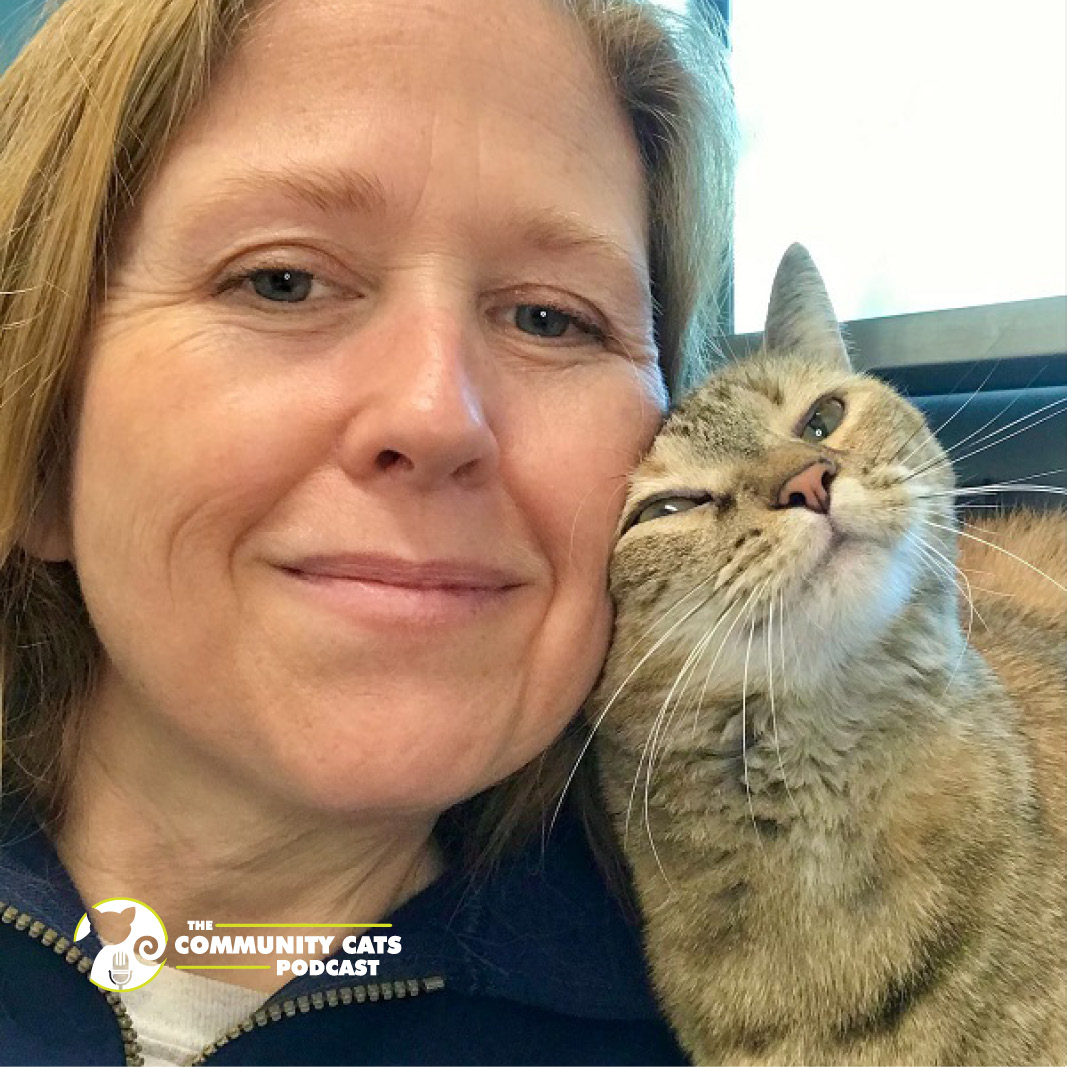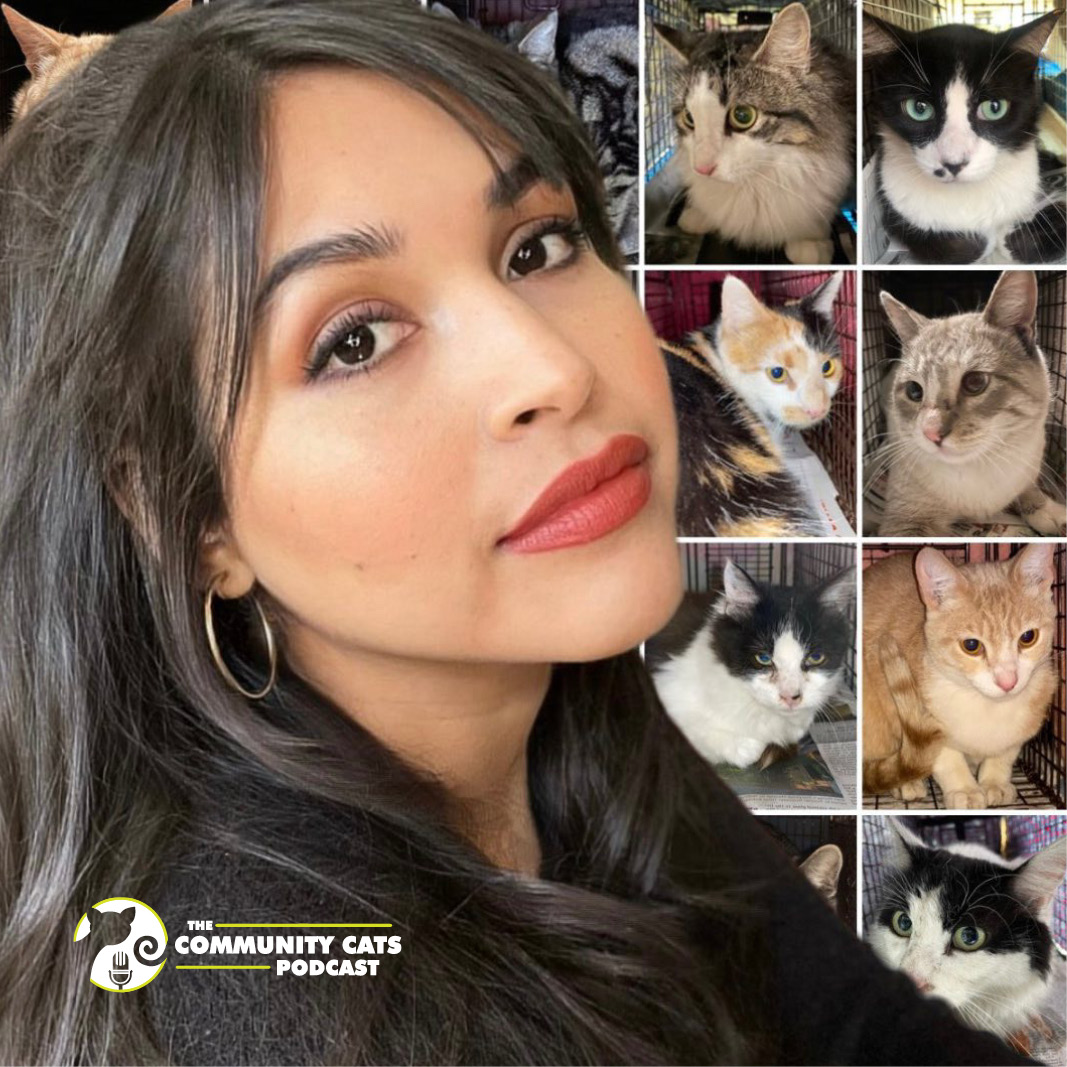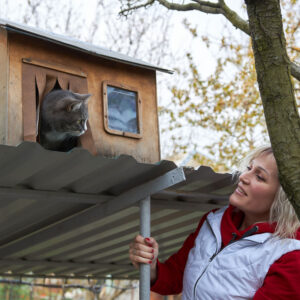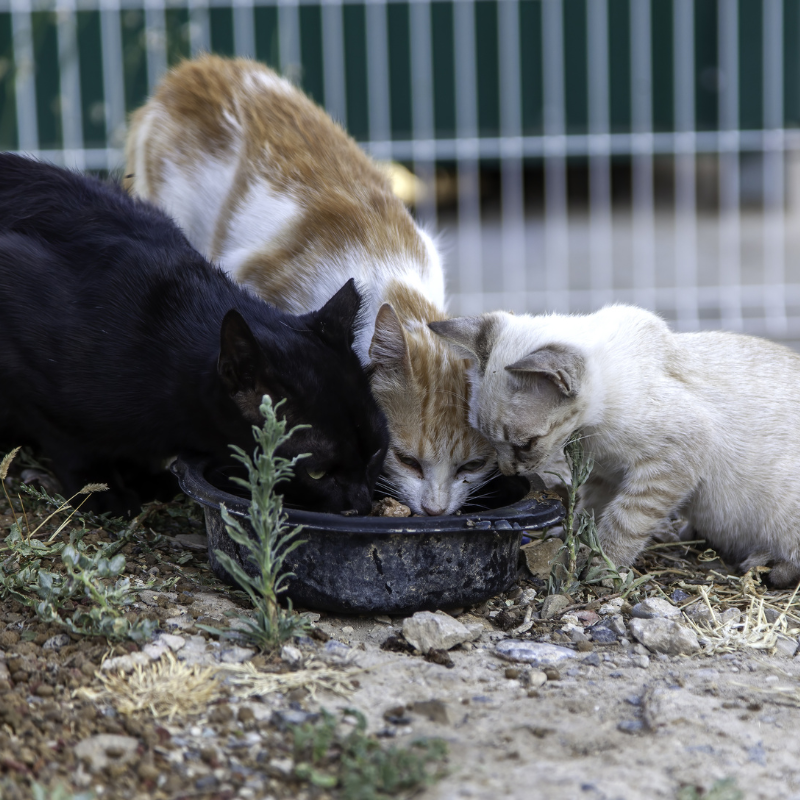
How to Reunite Pets and Owners with Corinne Bourgoin, Operations Coordinator, MSPCA Boston Adoption Center
November 29, 2022
Justice, TNR, and Not-So-Crazy Cat Ladies with Esmerelda Alvarez, TNR Advocate
December 6, 2022
Contributed by Sheila Massey, Founder of Hard Hat Cats
What do you do when a neighbor says, “I hate cats!” or, “the cats are killing the birds,” or, “just get rid of the cats!”
Do you try to convince them to like cats? Do you argue and say the cats were here first and have a right to stay? If so, you’ve just lost a potential ally and made things harder for the cats.
I lived in a turbulent area of New York City and had the same quota of troublemakers as every other rescuer when I started doing TNR in 2008. In order to protect the cats and gain acceptance of TNR, I needed to develop techniques for handling hostile neighbors and difficult, sometimes threatening, situations.
Success boiled down to one thing: It was my relationship with the people, not their relationship with the cats, that determined success.
Although many of my neighbors never became cat lovers, they eventually trusted me and saw TNR as a benefit to the community. People will go along with something if it makes sense and benefits them.
When dealing with people who are either neutral or hostile to cats, keep the focus on how TNR benefits people:
- cats stop breeding and cease nuisance behaviors
- cats are vaccinated against rabies
- cats keep the rats away
 Steer clear of talking about how TNR is humane and beneficial to cats. The neutral-hostile types don’t care.
Steer clear of talking about how TNR is humane and beneficial to cats. The neutral-hostile types don’t care.
Videos providing specific scripts and techniques are on the Hard Hat Cats website
“Gaining Community Acceptance of TNR: a Guide in 3 Parts”
Part 1 – Basics
The first section lays the groundwork for attitude and talking points. It may seem contradictory, but to achieve your personal goal of helping cats, your public interactions need to focus on people. This is not easy. It helps to memorize and practice the techniques illustrated here.
Part 2 – Specific Scripts
This part contains concrete examples and scripts for handling specific anti-cat complaints. These range from toxoplasmosis to cat predation on birds, to cats defecating in neighborhood gardens, to outright cat hatred. They most likely mirror complaints in your own communities.
Part 3 – Legal Tips
Know your state and local animal welfare laws, because the law is often on your side.
Tactfully pointing out that what they, the neighbor, wants you to do is illegal gets their attention. Your opinions as a cat rescuer do not carry as much weight as state law. For example, if they want you to stop feeding the cats, give them a polite “heads-up” that it’s a criminal offense under New York State animal cruelty laws to withhold food and water.
Of course, your main (personal) goal is to protect the cats, but your interaction with them, giving the friendly “heads-up”, is done as an ally and good neighbor. Ultimately, helping them helps the cats.
 About Sheila Massey
About Sheila Massey
Thanks to Sadie, a stray kitten that changed her life, Sheila began doing TNR in 2008 in New York City. Stray cats roamed a prison, a large evangelical church, a landmark mansion and grounds, a community garden, and a parking garage. By necessity, community relations became a specialty. Sheila co-taught “Neighborhood Relations” and TNR training courses for the Mayor’s Alliance for NYC Animals’ Feral Cat Initiative.
In 2019, Sheila founded Hard Hat Cats® to rescue unadoptable feral cats from the NYC shelter by placing them in steady jobs with “employers” seeking non-toxic rodent control. The cats adapt remarkably well to various environments, such as breweries, distilleries, parks, gardens, and hotels. Hard Hat Cats live healthy, independent lives, doing what they do best, ignoring people, and deterring rodents.




